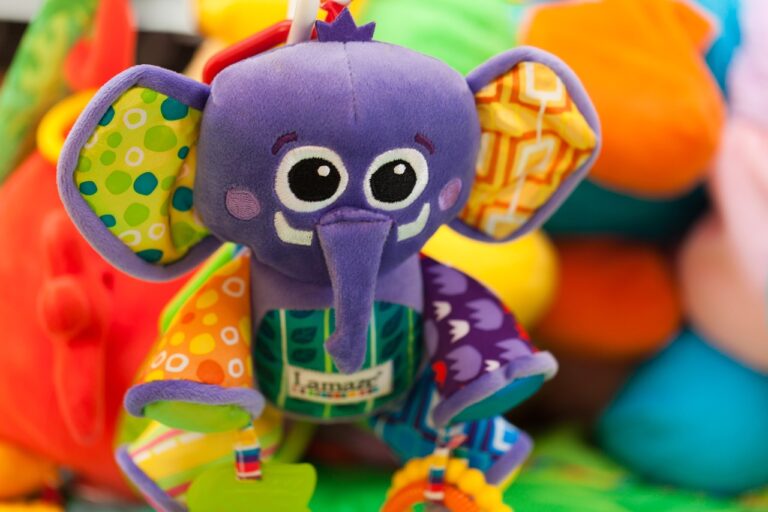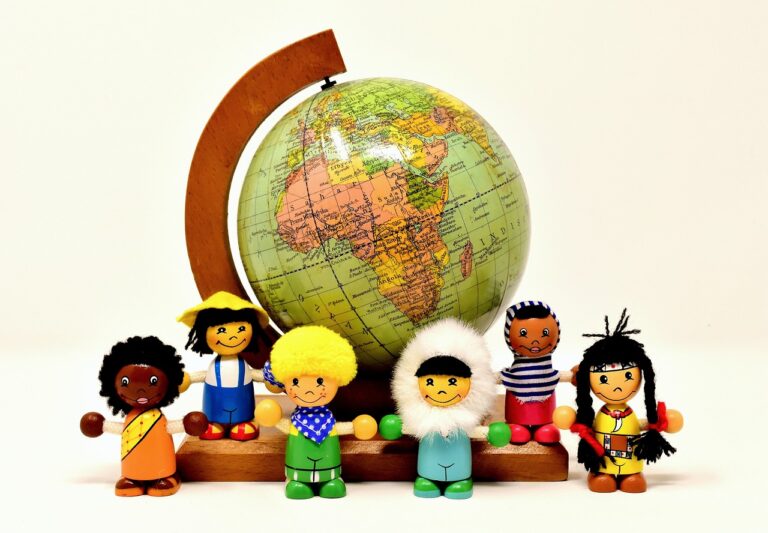Analyzing the Success of Franchise Universes in Entertainment
Within the realm of entertainment, franchise universes have become a cornerstone of success for major studios and creators. These interconnected worlds of characters, storylines, and settings captivate audiences by offering a rich tapestry of narratives that extend beyond individual films or TV shows. By weaving together multiple properties into a cohesive universe, creators are able to tap into fan excitement, loyalty, and engagement on a whole new level.
The success of franchise universes lies in their ability to create an expansive and immersive storytelling experience that keeps audiences invested in the long term. Through cross-referencing characters, plots, and events across various mediums and platforms, these universes offer fans a sense of continuity and connection that deepens their emotional investment in the stories being told. As audiences follow their favorite characters through different adventures and crossovers, they develop a sense of belonging to a larger community of fans who share their passion for these fictional worlds.
Defining Franchise Universes in Entertainment
Franchise universes in entertainment refer to interconnected storylines, characters, and settings that span across multiple works within a particular franchise. These universes often extend beyond a single movie, TV series, or book, creating a rich and expansive narrative landscape for fans to immerse themselves in. By intertwining various elements such as plotlines, backstories, and recurring themes, franchise universes offer a cohesive and unified experience for audiences to explore and enjoy.
One key aspect of defining franchise universes in entertainment is the sense of continuity that they maintain throughout different installments. Whether it’s through direct sequels, spin-offs, prequels, or crossover events, these interconnected narratives build upon each other to create a tapestry of storytelling that resonates with viewers. This continuity not only enhances the depth and complexity of the franchise but also fosters a sense of investment and engagement among fans who follow the unfolding saga across various mediums.
The Evolution of Franchise Universes in Entertainment
The entertainment industry has witnessed a remarkable evolution in the concept of franchise universes over the years. What initially began as standalone movies or TV shows has now transformed into interconnected webs of storytelling that span across multiple platforms and mediums. This evolution has not only expanded storytelling possibilities but has also revolutionized audience engagement and brand loyalty.
With the rise of cinematic universes like the Marvel Cinematic Universe and interconnected television series such as the Arrowverse, audiences have come to expect a more immersive and interconnected viewing experience. This evolution has challenged creators and studios to think beyond individual projects and consider the larger narrative landscape in which their stories exist. By creating a cohesive universe, creators can deepen audience investment, offer richer storytelling opportunities, and cultivate a dedicated fan base that eagerly anticipates each new installment.
What is a franchise universe in entertainment?
A franchise universe in entertainment refers to a collection of interconnected stories, characters, and settings that span across multiple forms of media such as movies, TV shows, books, and video games.
How have franchise universes evolved in entertainment over the years?
Franchise universes have evolved from standalone properties to interconnected worlds with shared characters, storylines, and settings. This evolution has allowed for deeper storytelling, expanded world-building, and increased fan engagement.
Why have franchise universes become so successful in entertainment?
Franchise universes have become successful in entertainment due to their ability to create a rich and immersive storytelling experience that keeps audiences engaged across multiple platforms. They also capitalize on existing fan bases and offer opportunities for cross-promotion and merchandising.
What are some examples of successful franchise universes in entertainment?
Some examples of successful franchise universes in entertainment include the Marvel Cinematic Universe, the Star Wars franchise, the Harry Potter universe, and the DC Extended Universe. These universes have spawned multiple movies, TV shows, books, and merchandise, creating a dedicated fan base.
How do franchise universes benefit creators and studios in entertainment?
Franchise universes provide creators and studios with the opportunity to expand their intellectual property, generate revenue from multiple sources, and build long-term relationships with fans. They also allow for greater creative collaboration and the ability to tell interconnected stories across different platforms.







